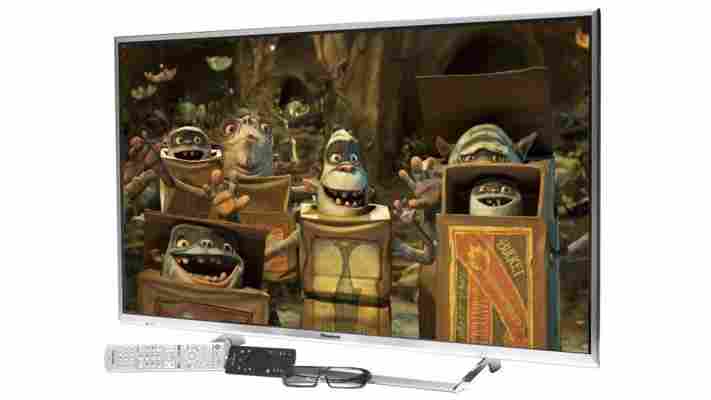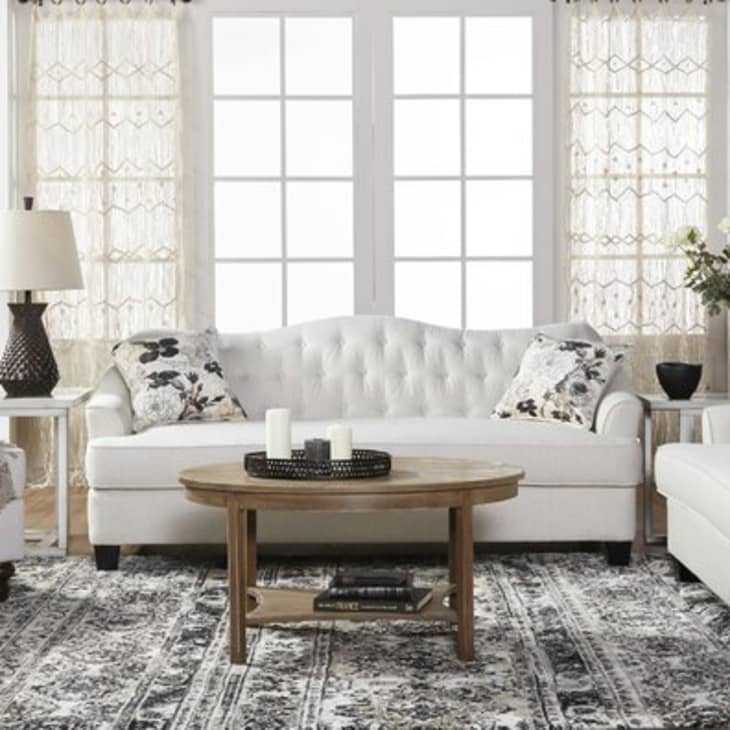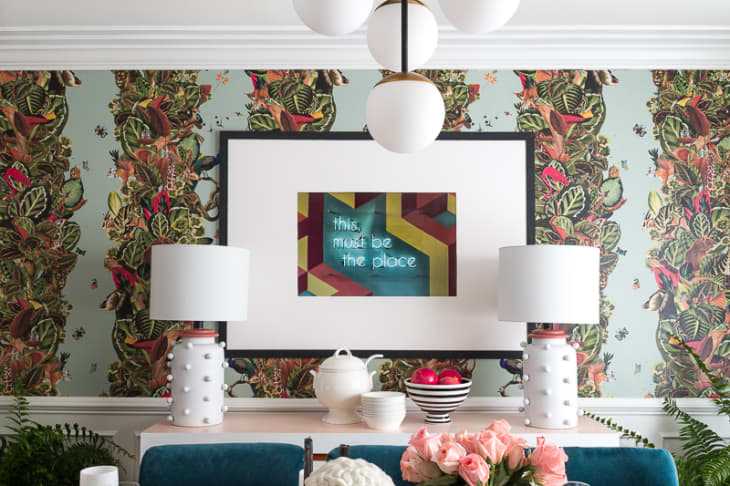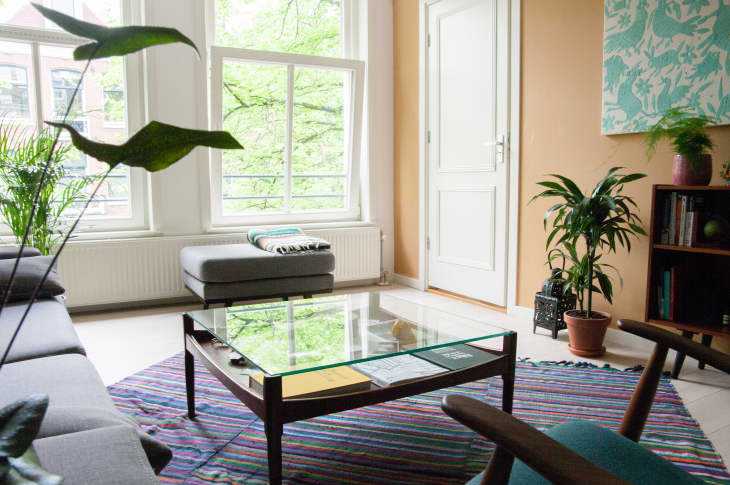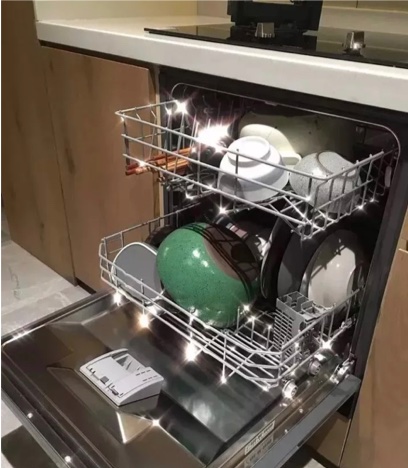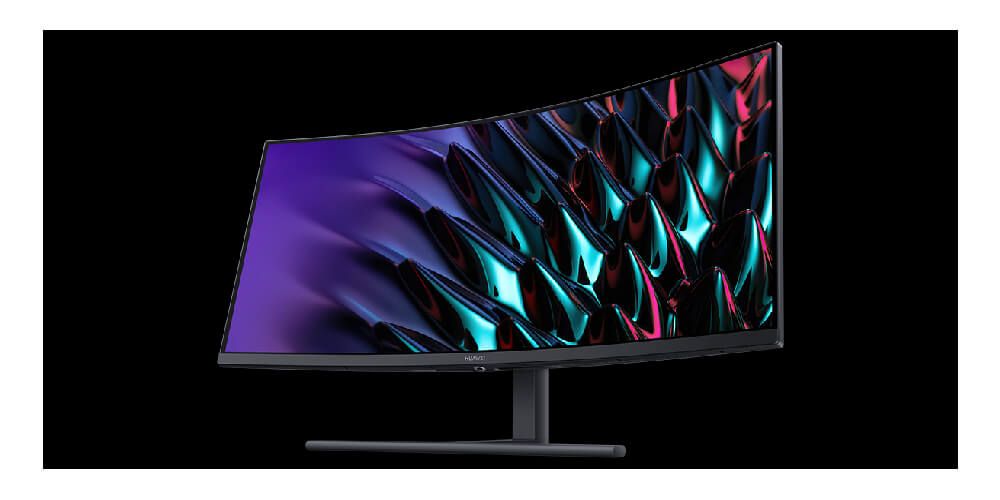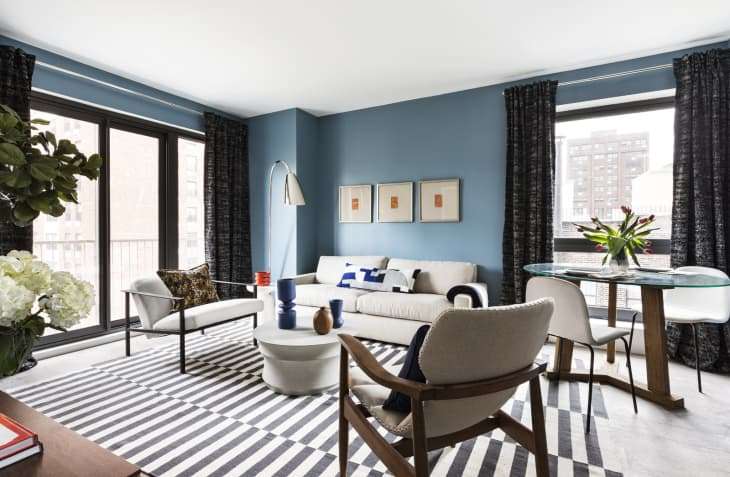For this review we tested the 42in model in the AS740B range, but it's also available in 47in (TX-47AS740B) and 55in (TX-55AS740B) screen sizes. All models have identical specifications except for their dimensions and power usage. We're confident that image quality will be practically identical across the range.
The TX-AS740B is one of Panasonic’s top-end Full HD TVs this year and is the next model up from the excellent TX-AS650B series. We don’t think the TX-AS740B’s matt silver trim looks as stylish as the AS650B’s dual black and silver colour scheme, but the TX-AS740B’s screen produces an equally good picture.
With the TV at its initial, default settings, our colour calibrator showed the AS740B was displaying an excellent 91.3 per cent of the sRGB colour gamut on the Normal picture mode. The TV’s main area of weakness was its red and magenta coverage, but this was soon fixed when we switched to the Custom picture mode and adjusted the TV’s white balance. After calibration the TV was displaying a near-perfect sRGB coverage of 99.6 per cent, which just gives it the edge over the AS650B’s 96.8 per cent coverage. The screen was pleasingly bright, measuring 233.90cd/m2 on our colour calibrator, but this had the disadvantage of making blacks appear grey. While its black level of 0.23cd/m2 isn’t as high as some other TVs we’ve seen, both the depths of space in Star Trek and the letterbox around the film were noticeably lighter than the thin black bezel that runs around the edge of the plastic frame.
The picture improved when we turned on the adaptive backlight control, which automatically controls the TV’s brightness according to what’s on screen, but the effect wasn’t very pronounced. Fortunately, the TV’s contrast levels were much more promising, measuring 1,001:1 post-calibration. This is a little lower than our pre-calibration reading of 1,370:1 on Normal mode, but we couldn’t see any noticeable decrease in detail.
There are other modes too, such as Cinema, True Cinema and Dynamic picture modes, but it’s worth noting that you can use different modes for different inputs. HDMI 1’s Custom mode, for instance, can be completely different from HDMI 2’s Custom mode, which lets you tailor the picture to a particular source, such as a Blu-ray player or games console, without having to switch modes manually with the picture menu. We used the Custom mode during testing, as this gave us full access to the AS740B’s picture settings. As well as basic backlight, contrast, brightness, colour, tint, sharpness and colour temperature controls, the AS740B also has the aforementioned white balance settings and a full range of gamma and colour management options, giving you plenty of scope to tweak the TV to your liking. There’s also a custom contrast setting, but we found this made little difference to the overall picture.

^ As with other recent Panasonic TVs this one has a really nice TV smart interface, which integrates the Freetime EPG, which you can turn into a PVR by adding an external disk
The noise reduction and MPEG remaster options had little effect. When we set both of them to their maximum setting, they did very little to improve the quality of standard definition TV channels, particularly when the camera was zoomed in up close on people’s faces. Thankfully, HD channels looked much sharper and we didn’t feel the need to use the noise reduction settings at all. Switching to Blu-ray, Panasonic’s 24p Smooth Film option allows you to make films look smoother by inserting extra frames into the picture. The TV’s image processing coped well without it, but for those who want to eliminate every last jerky camera pan or juddery action sequence, we found that Min was the most natural looking setting. Mid and Max were too smooth for our liking, and they also introduced a very small amount of tearing as well.
